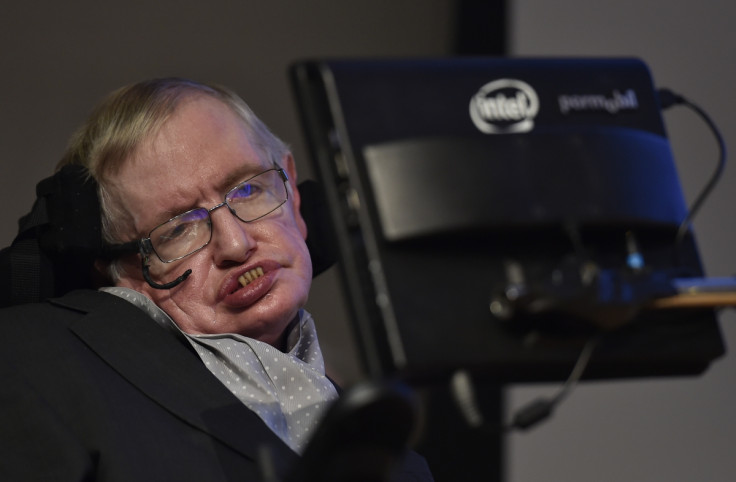Stephen Hawking: Biggest threats to humanity are science and technology of our own making

In the run up to his BBC Reith Lectures being broadcast, Professor Stephen Hawking said that the major threats to humanity are currently of our own making. The celebrated theoretical physicist said that scientific and technological advances were taking us into one of the most dangerous centuries yet.
Some of the threats he mentioned included nuclear war, global warming and genetically-engineered viruses, with further progress creating newer threats to humanity's survival. Hawking said that humanity's best chance of survival would be to start colonies in space but that "we will not establish self-sustaining colonies in space for at least the next hundred years, so we have to be very careful in this period."
Professor Hawking's Reith Lectures centre on his research into black holes and will be broadcast on Radio 4 on 26 January and 2 February. The Reith Lectures are annual talks made by prominent public figures and are named after Sir John Reith, the BBC's first director-general.
"From my own perspective, it has been a glorious time to be alive and doing research in theoretical physics. There is nothing like the Eureka moment of discovering something that no one knew before," Hawking said. "We are not going to stop making progress, or reverse it, so we have to recognise the dangers and control them. I'm an optimist, and I believe we can."
According to Hawking, the chance of a disaster happening to Earth on any given year is low but increases over time and "becomes a near certainty in the next thousand or ten thousand years. Hawking added: "By that time we should have spread out into space, and to other stars, so a disaster on Earth would not mean the end of the human race."
Previously, Hawking has spoken about the threats posed by technological advancement, saying that the development of artificial intelligence "could spell the end of the human race."
© Copyright IBTimes 2024. All rights reserved.






